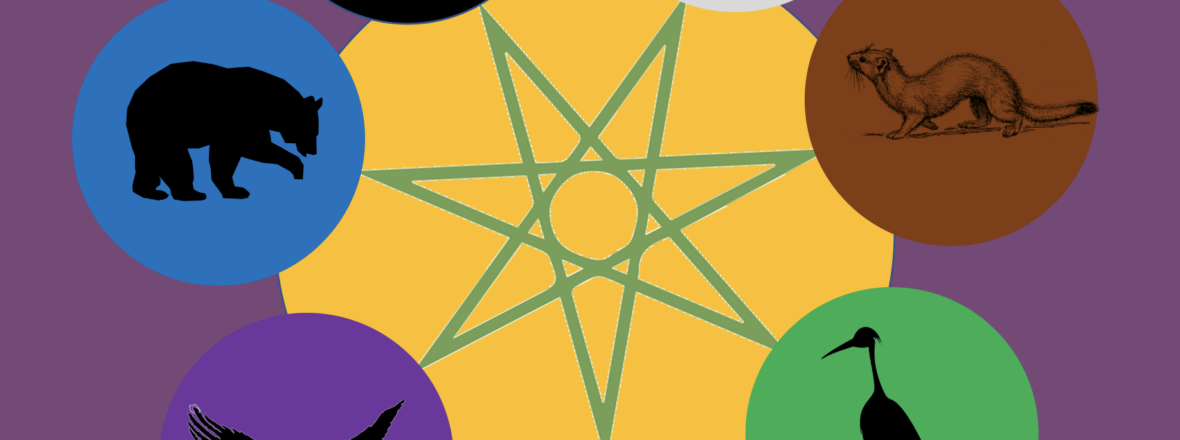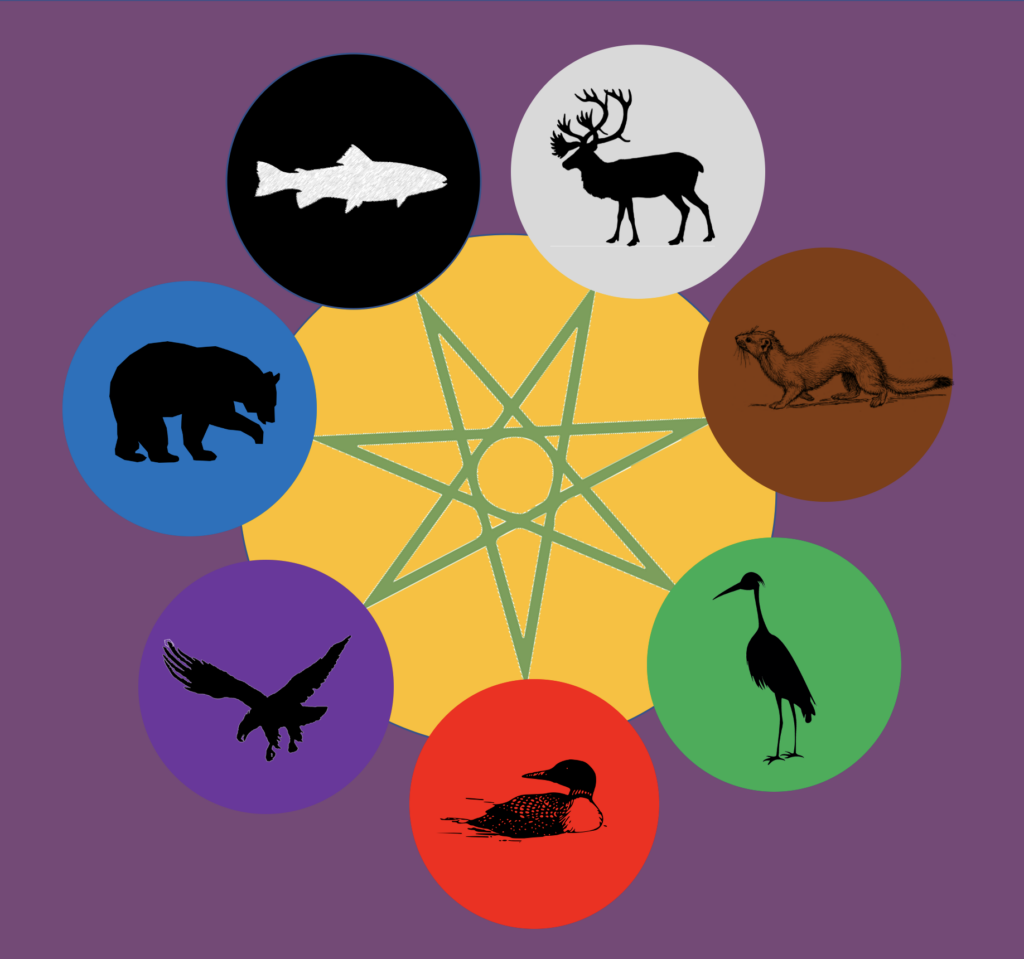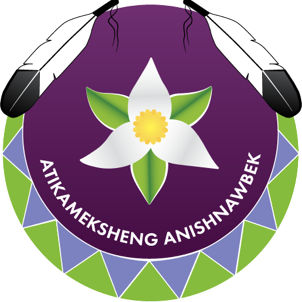What is Traditional Governance? Anishinaabe Dodemag

Posted June 15, 2020

It has been pointed out on occasion that the slogan “Our Election. Our Way” is a little bit of a misnomer.
Yes, it is our election. Also, for the first time in our history, we are using the Gimaakeng Naaknigewin, the Atikameksheng Anishnawbek election code. The election code was created by, and for AAFN citizens. So, it is being done in “Our Way”. We should be proud and celebrate that.
However, the way we run elections is not how Anishinaabek have historically selected our leadership.
Anishinaabe Dodemag (the “Clan System”)
Our internal community governance and representation was based on our dodem…our clan… our family. We are born into our dodem which, for the Anishinaabek, come from our father’s side of the family. If you are born of a non-Anishinaabe father, you could be adopted into the community through a willing adoptive clan, like the Waabzheshii (marten) dodem.
Each clan had its given traditional roles and responsibilities. Some are leadership clans, like the ajijaak/zhaake dodemag (Crane clan) or the maang dodemag (loon clan). Yes, our Chiefs were hereditary in nature. The crane was the gimaa for external governance and international relations, including treaty-making with the Crown and other nations. The loon was gimaa for internal governance addressing administrative matters.
Other clans had other responsibilities. For example: makwa dodemag (bear) played a role in the health and security of our community. The fish clans were gifted mediators, planners and thinkers. Bird clans bore responsibility for teaching. These are just a few, very simplified examples of an elaborate and comprehensive system of government that included concepts of decision-making, justice, and effectively responding to community needs.
When the Indian Act came into force in 1876, the Dodemag system was outlawed in favour of western-style democracy. The basic principle of this foreign system was the “majority rules”.
When this system was imposed on Anishinaabek, we moved away from an inclusive, consensus-based approach where every clan had a say in the decision-making of the community. When a decision was made, it required not only the participation of every dodem, but the assent of each and every dodem.
In recent decades, there has been a dialogue to explore the concepts of traditional governance as communities move closer to self-government. Elders have expressed this desire both locally, and at a broader nationhood level.
For the sake of discussion, perhaps it is time to explore what traditional governance and the Dodemag system would look like in a modern First Nation context.
Certainly, it would require a period of comprehensive education and awareness of the Clan system. The reality is that many of us may not even know our own clan much less their traditional responsibilities and how the dodemag relate to one another.
It would require studying how this traditional system of representation would work within a First Nations administration. For example: the hereditary leadership system may or may not be something that all First Nations citizens would embrace. Perhaps traditional governance can be a blend of the Dodemag system and newer, democratic systems.
We now have some of the tools necessary to take steps towards exploring and implementing more traditional forms of government. We have the Atikameksheng G‘Chi-Naaknigewin, our constitution and highest law of our people. We have the Gimaakeng Naaknigewin, our election code. Now that these are truly our documents, we can use them and adjust them as we see fit. Atikameksheng can always make the necessary changes to ensure that future governance systems and future elections truly reflect the needs and aspirations of their citizens.
With these powerful tools of governance, someday, we will truly govern ourselves in “Our Way”.
What are your thoughts about traditional governance and the Clan system? Share them using #OurElectionOurWay
Act.
- Learn more about the Election.
- Sign up for the Members Portal.
- See the Election Notices.
Interact.
Use hashtag #OurElectionOurWay


